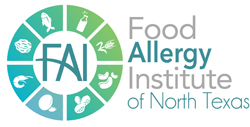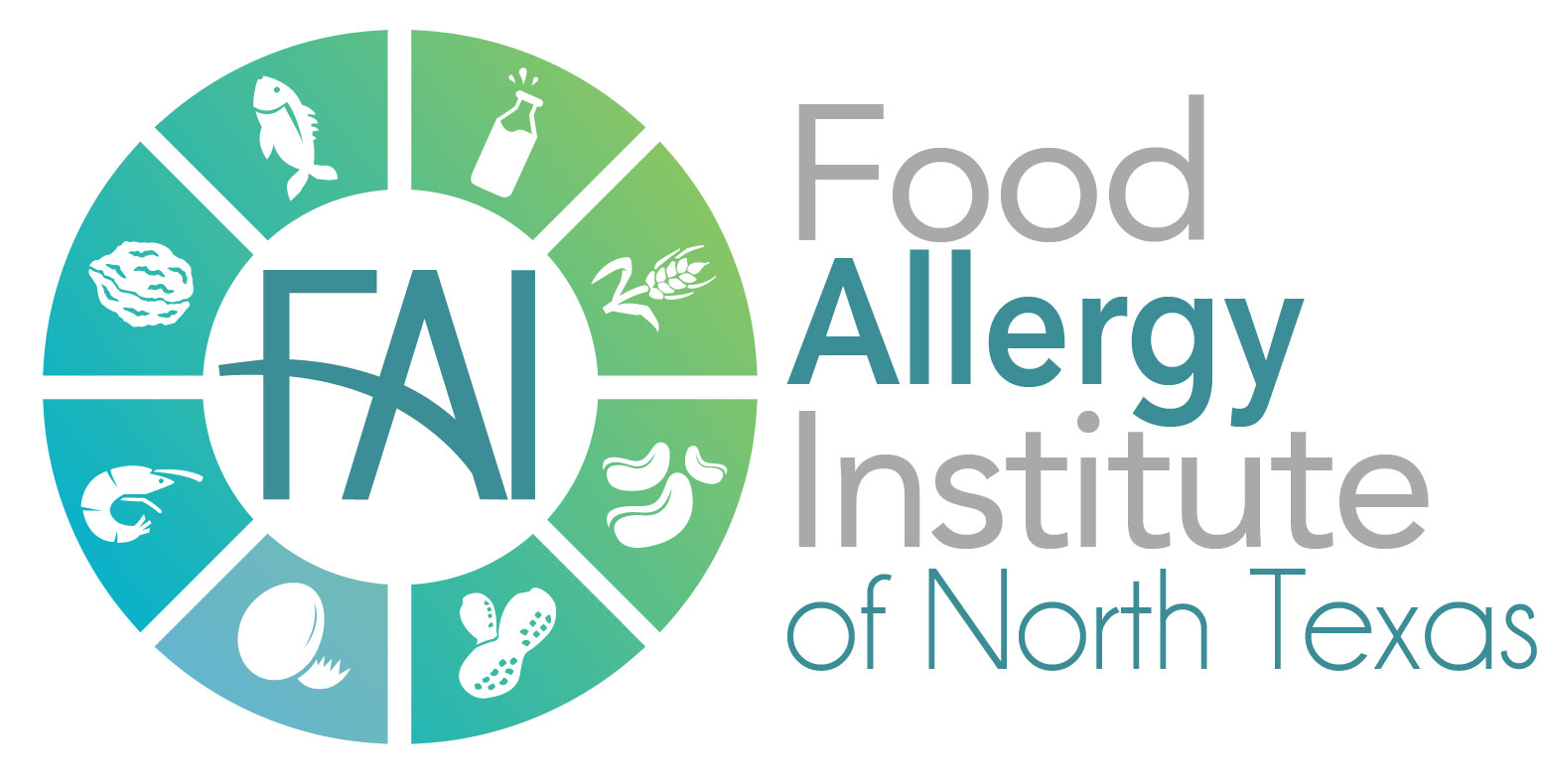13 Jan Are Protein Powders Safe for My Allergic Child?
According to a 2015 Food and Health Survey, 54% of consumers are trying to increase their protein intake, making it the top nutrient of concern in most individual’s diets. The focus these days is on high quality proteins, which is aligned with the current push for ‘cleaner eating’.
This comes as no surprise as most individuals feel that protein promotes satiety and preserves lean body mass. Protein is also involved in healthy growth and development and while it is important to maximize intake, the source should also be a priority.
But how do you know if a protein powder is safe? How much does your child actually need? And, if my allergic child is a very picky eater, how can I be assured that he/she is getting enough?
Protein Powder Sources:
While quantity is key factor, protein quality must also be considered. Currently, the most common commercial protein powders are: whey, casein, and soy. Each of these contain nine of the essential amino acids necessary for human dietary needs, making them complete sources of protein.
While other powders, such as pea and hemp, are making their way on to the market these choices do not offer a complete protein source as they are lacking some of the essential amino acids. The body therefore does not absorb or utilize them as effectively as a complete source.
How Much Protein Do We Need?
According to the American Academy of Pediatrics, protein should comprise 15% of your child’s total energy needs. This translates to 11 grams/day for babies 7-12 months of age and 13 grams/day for toddlers.
As your child grows, protein needs will increase. The average teenager needs .4-.5 grams of protein for every pound of body weight daily. The teenage athlete needs slightly more–0.5-0.8 grams protein/pound/day.
As for adults, the average adult should consume .8 grams’ protein for every kilogram of body weight/day. For those who are active, needs may increase to 1.1-1.4 grams/pound/day.
How Can I Be Assured That We Are Getting Enough?
The reality is, most of us do get enough. Certain groups of individuals such as: growing teenagers, busy athletes, and vegans, may be at risk for protein deficiencies, however, a healthy well balanced diet can correct for this.
Having said that, protein powders are still commonly consumed and can be used in a healthy diet provided that quantity is considered. Excessive amounts of protein has the potential to cause: kidney damage, liver problems, kidney stones, weight gain, plaque build up in arteries, and lower bone density.
Keep in mind that in order to build one pound of muscle, the body needs between 10-14 additional grams of protein/day. Some protein powders offer 80 grams of protein in one serving. This amount has the potential to cause damage.
If you are concerned that your allergic child may be at risk for protein deficiencies, it is important to discuss this with your Physician or a Registered Dietitian who can provide guidance and support on safe and reasonable intakes.


